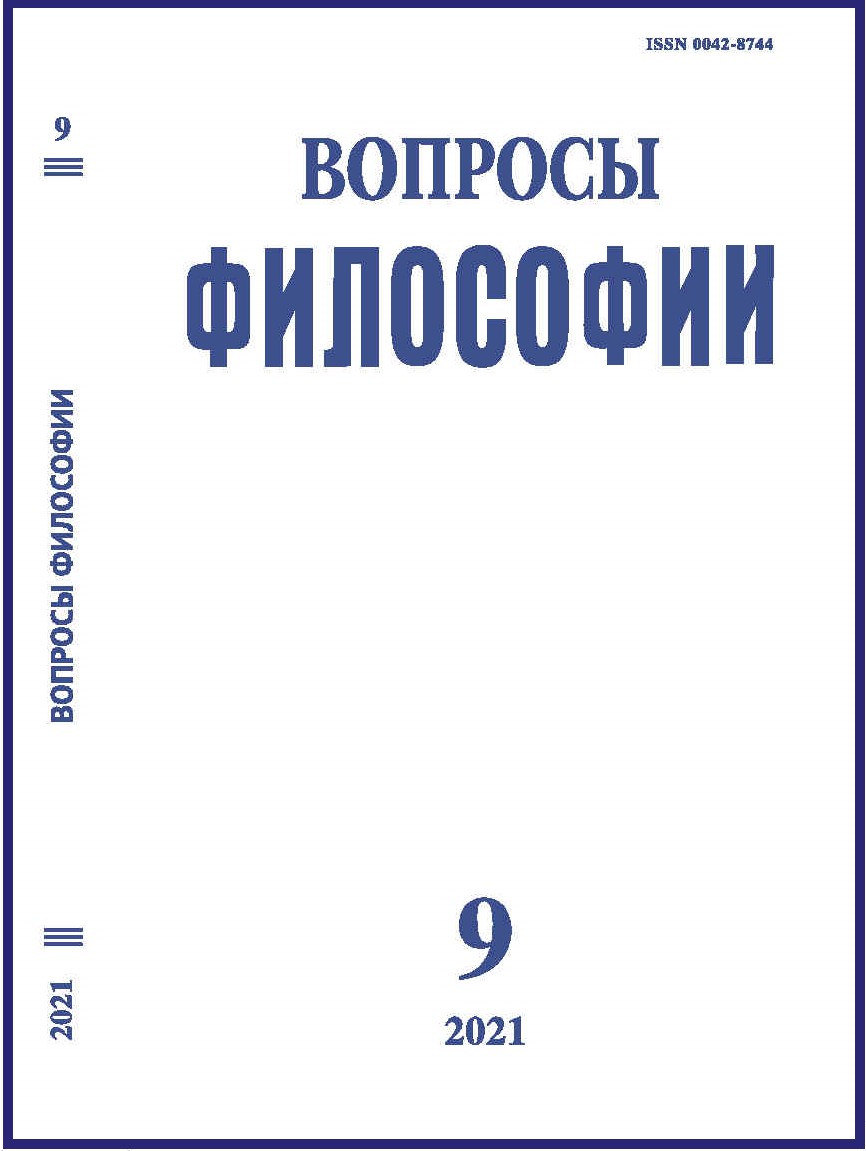The Heart Admonition of the Ancient Chinese Classic Shujing: An Episode from History of Its Interpretation in the West and Russia
DOI:
https://doi.org/10.21146/0042-8744-2021-9-194-208Keywords:
Shujing, The Book of Historical Documents, Heart Admonition, Neo-Confucianism, archimandrite Daniil, D.P. Sivillov, translation.Abstract
Autochthonous traditional Chinese thought in its most developed form could be found in the philosophy of Neo-Confucianism, which continues to be a significant factor in the modern national consciousness of the Chinese people. At the same time, the pre-emptive attention of Western Sinology and Russian Chinese studies to early Confucianism does not fully take into account the Neo-Confucian interpretation of the ancient Chinese classics. Russian and Western translations of the so-called Sixteen-Word Heart Admonition (Shi liu zi xin chuan), a passage from Chapter III “Da Yu mo” (Councel of Yu the Great) of the ancient Chinese classic The Book of Historical Documents (Shujing) by A. Gaubil, N.Ya. Bichurin, D.P. Sivillov, W.H. Medhurst, J. Legge, S. Couvreur, and W.G. Old demonstrate the gradual assimilation of its Neo-Confucian interpretation by Western and Russian translators. Archimandrite Daniil (Dmitry P. Sivillov), in his unpublished Russian translation of Shujing of the early 1840s, adopted this interpretation earlier and understood it better than the others. It is assumed that rejection of the Manchu language mediation and peruse of the contemporary Neo-Confucian commentaries played the key role in his success. The importance of Neo-Confucian hermeneutics research for the studies of traditional Chinese philosophy, including ancient Chinese classics, is emphasized. The text of the previously unpublished Shujing Chapter III Da Yu mo Russian translation by archimandrite Daniil is attached.

